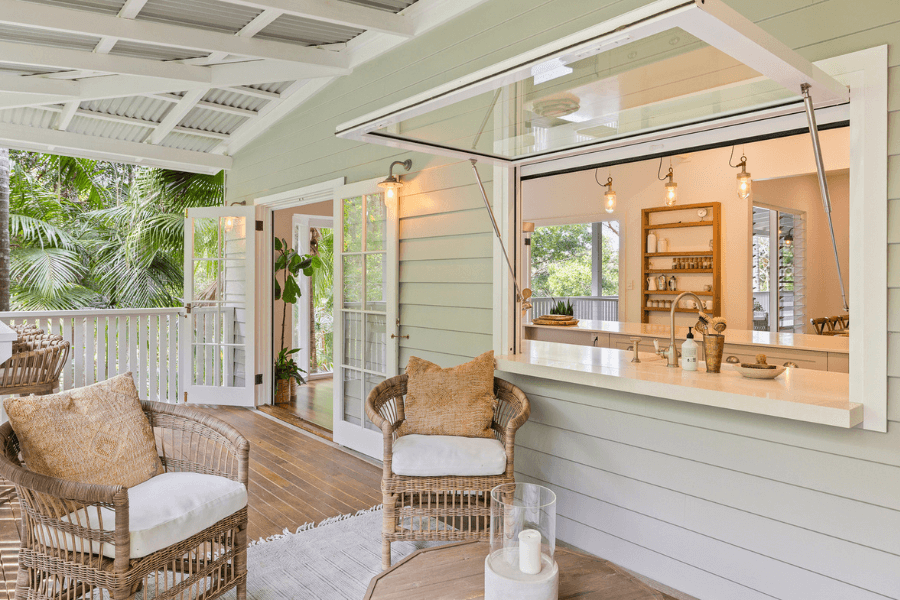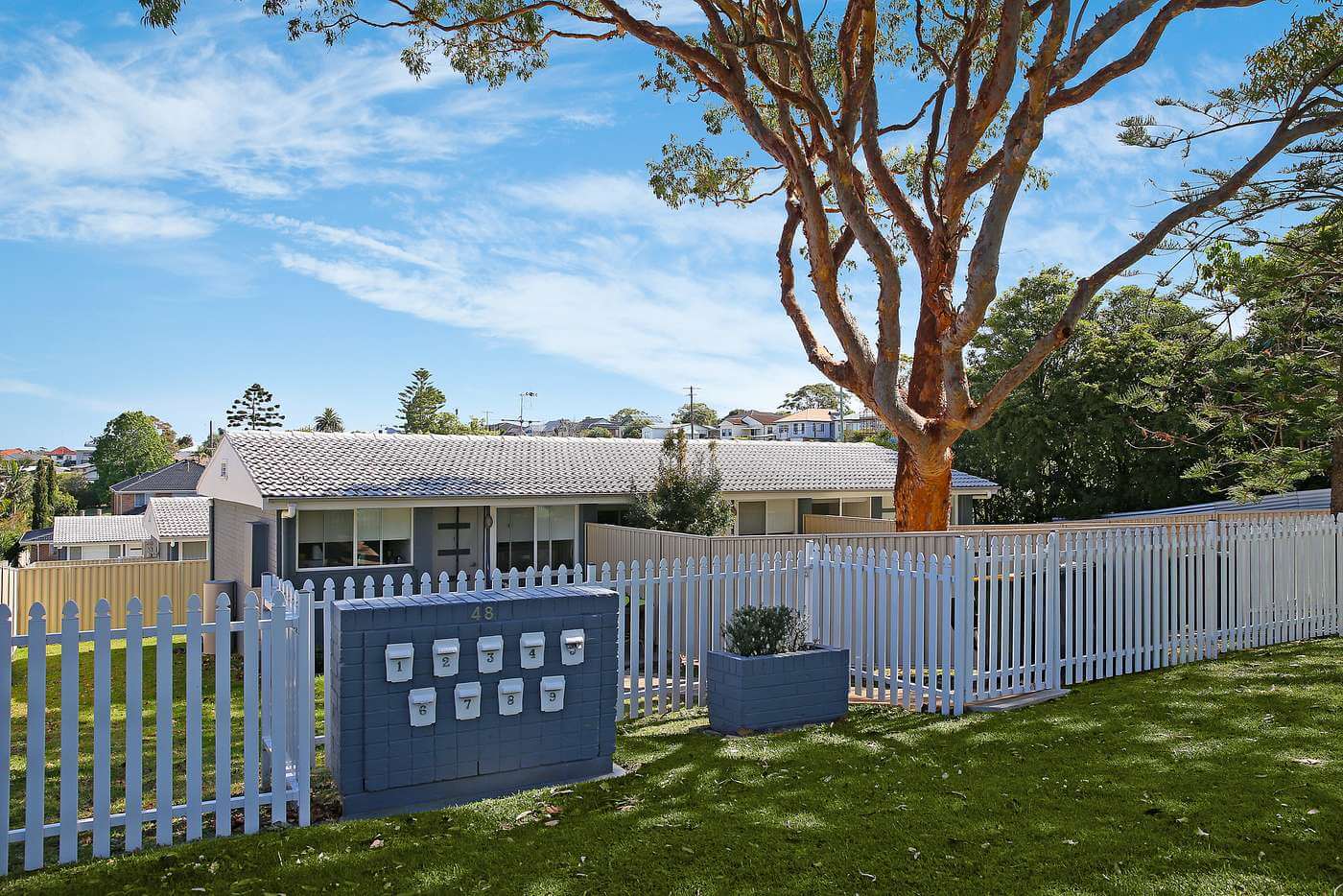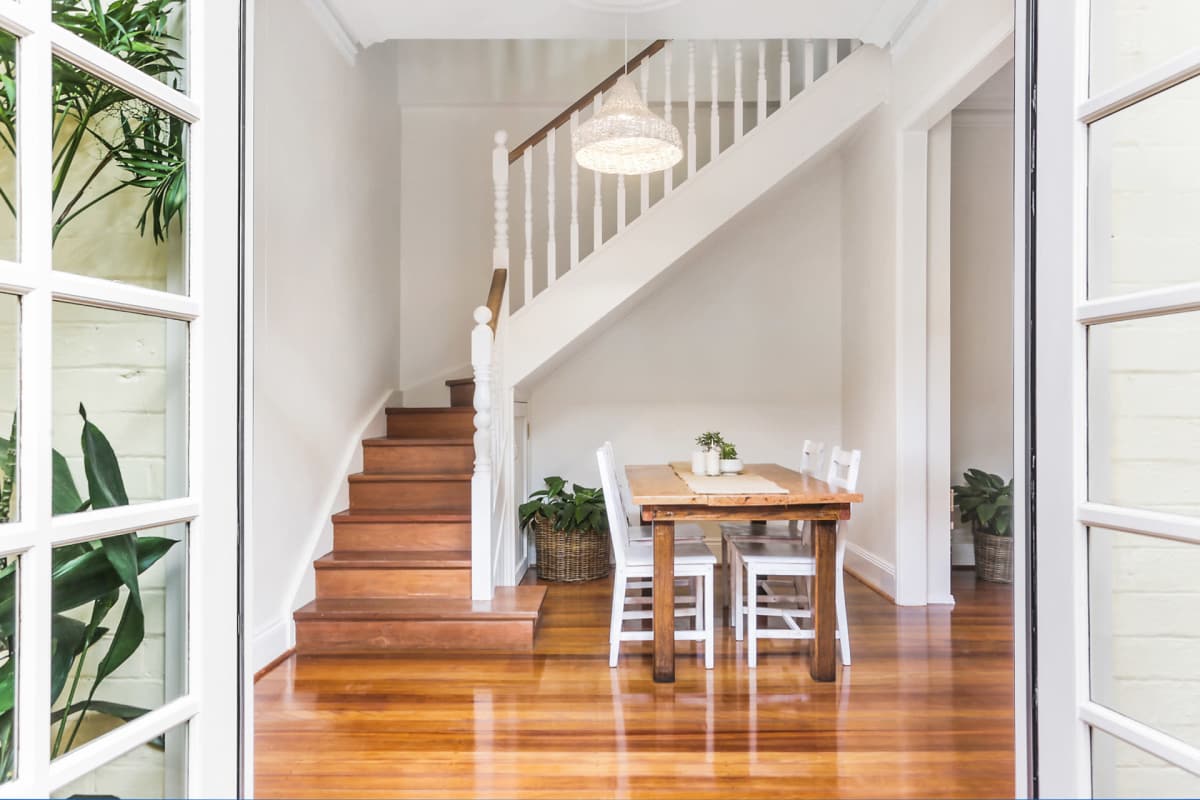Do you think you’re ready to buy an investment property? It can be overwhelming when you’re starting out. There are literally thousands of properties to choose from. It can be as frustrating as trying to find a needle in a haystack or it could be as simple as asking yourself these seven important questions to get on the right track.
 For sale: 15B Allen Street, Canterbury, NSW
For sale: 15B Allen Street, Canterbury, NSW
Topics in this article:
7 questions to ask yourself before buying an investment property:
1. Can I afford it?
This is one of the very first questions you need to ask yourself. What are your financials looking like? Do you have any savings for a deposit or do you know where the deposit is coming from? Being clear on your financial situation is the very first step to buying an investment property. An easy way to remove any ambiguity is to start out with a simple budget and start tracking your finances. A visit to a mortgage broker will also help you determine how much you can afford. Mortgage brokers are a wealth of information and can run through all your options in regards to loans.
2. What is my strategy?
When buying an investment property, everyone will have a different strategy based on individual circumstances and long term plans. Your strategy could be anything from buying a new house and land package to hold for the long term, or purchasing a renovator’s delight that you can add value to and on sell for a quick return. Until you know what your strategy is, you’ll be back to looking for that needle in the haystack. If you’re stuck working out the best strategy for you, a property investment adviser will help guide you through the process.
3. What suburbs am I buying in?
What suburb to buy your investment property is something that will be determined as you work through the first two questions. Your budget and strategy will narrow down the suburbs you’ll be able to buy in considerably. For example, if you plan to buy a new unit, then you will be focused on suburbs that have new units within your price range. Sometimes you may find you’re priced out of your ideal suburb but find good deals in neighbouring suburbs. Of course, it’s not always as easy as finding a suburb that has units for sale. There will be a lot more research required, but when you pay your due diligence it’ll be easy to identify the best suburbs for you.
4. What structure am I buying in?
This is an important question to ask yourself and seek advice on. An investment property can be purchased in a variety of different structures including your own name, in joint names, in a trust or company. The structure that you buy an investment property in will be determined by your overall financial position, financial plan and tax strategy. This is a biggie as when it comes time to sign the contract for your investment property, you’ll need to know what name or entity to put on the contract. A financial planner and your accountant are the people you need to be speaking to. This ensures you have a financial plan in place and that you’re clear on what structure would work best for you.

5. What is my risk profile?
This is really not as technical as it sounds. It’s simply a case of risk versus reward and how much risk are you willing to take for potentially a greater return. Once you know this answer, it will help you determine your risk profile and if you’re comfortable taking more risk or less. Some strategies are considered higher risk than others. For example, buying off the plan is considered higher risk as there are more variables and unknowns. On the other hand, an established home in an established area may be considered lower risk. There is already pre-existing history that can be used to determine the likely outcome in the future.
6. When am I buying?
You definitely need to know the answer to this one. Are you ready to buy now or do you need to line up a few more ducks first? It may be the case that you still need to save more, or set up your structure or wait for other reasons. If this is the case, set yourself a buy date and work towards that date. In the meantime, by all means start looking at properties and get a feel for what the market is doing but be aware that things may change when it comes time to buy.
7. Who do I need help from?
Buying an investment property is a team sport and you’re the captain. You need to carefully select who will be on your team and what role they will play. As mentioned throughout this article, there are several people you need to consult with in order to get the answers and advice you need to put yourself in the best position to buy a property. These people include, your mortgage broker, accountant, financial planner, a property investment adviser and a solicitor. Getting the right team on board will make all the difference to your overall success.
There’s no doubt these seven questions will lead to many more questions in your quest to buy an investment property. But if you do the groundwork and are clear on these questions, when it’s your time to buy an investment property, you’ll be ready to put your best foot forward. Having clarity around your investment property plan will give you more confidence and help you identify what investment opportunity is best for you.
Want more information about buying an investment property? Download the Property Investing Blueprint today. This simple step-by-step checklist makes the process of investing in property, clearer, easier and a lot less stressful.
Also, here are four common property investment traps and how to avoid them.






